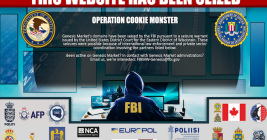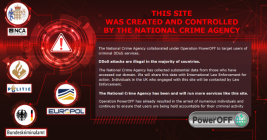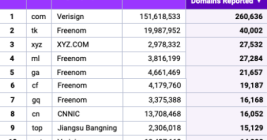FBI Seizes Bot Shop ‘Genesis Market’ Amid Arrests Targeting Operators, Suppliers
Several domain names tied to Genesis Market, a bustling cybercrime store that sold access to passwords and other data stolen from millions of computers infected with malicious software, were seized by the Federal Bureau of Investigation (FBI) today. Sources tell KrebsOnsecurity the domain seizures coincided with “dozens” of arrests in the United States and abroad targeting those who allegedly operated the service, as well as suppliers who continuously fed Genesis Market with freshly-stolen data.













